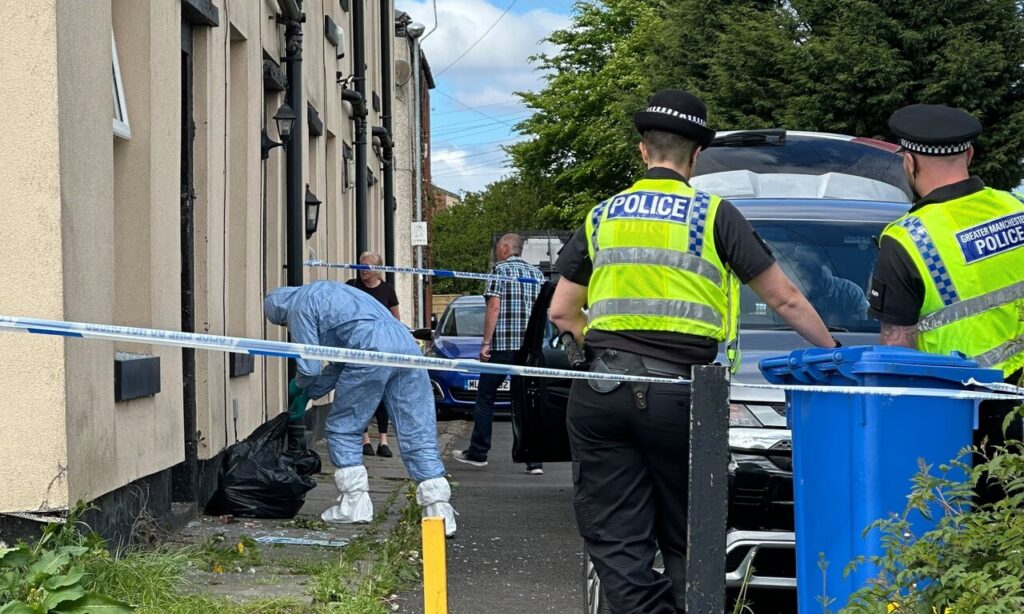TEHRAN – The so-called “counter-terrorism” forces of the British police have arrested eight men, including seven from Iran, in two separate operations, sparking accusations from critics of systemic bias and politically motivated by politically motivated overreach.
The attack, released on Sunday, framed by British authorities as an effort to disrupt “conspiracy to target specific facilities,” rekindled debates over legal transparency and the British government’s increasingly controversial stance on Iran.
“These actions are the result of a false perspective on Britain’s Iran. The accusations built on unfounded speculations are damaging and non-constructive,” an Iranian source told the Tehran Times about the arrest.
In the first operation, five men, including four Iranian citizens, ages 29 to 40, were detained in Swindon, West London, Stockport, Rochdale and Manchester.
The nationality of the fifth suspect remains unconfirmed. Authorities cited “preparation for terrorist acts” under the terrorist law, but did not provide evidence citing operational secrets.
Another attack in London has arrested three Iranian citizens who were arrested under national security laws targeting “foreign power threat activities.”
Critics argue that it highlights important legal gaps, including the use of UK pre-charge detention without concrete evidence under the Terrorism Act of 2000.
The denial of consular access and suspected legal representation for detained Iranians takes an additional risk of violating the Vienna Convention on Consular Relations and amplifies concerns that national security orders are being misused to normalize systemic injustice.
Interior Secretary Yvette Cooper praised the police for “keeping our country safe,” but opponents retorted that the arrests reflected a politicized counterterrorism strategy.
Dominik Murphy, head of the Met counterterrorism command, said investigators are “exploring various lines of investigation” to determine motives, but no official evidence has been revealed.
Iran’s recent designation as a threat to foreign influence in the UK’s “best class” further raises concerns that recent arrests may be politically motivated and rooted in systemic xenophobia.

